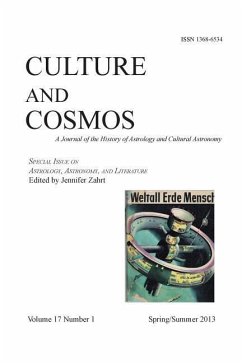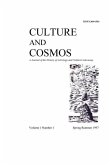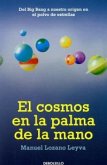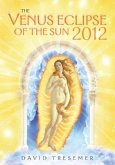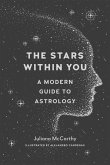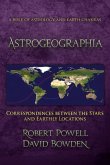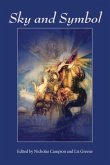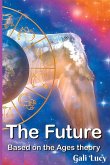This issue of CULTURE AND COSMOS presents a collection of articles that delve into the intersections between textuality and cultural astronomy and astrology. Clifford J. Cunningham and Günter Oestmann discuss a robust collection of verse concerning the discovery of new astronomical bodies at the turn of the nineteenth century. Dorian Knight explores a potential covert encoding of astronomical observation in poetic form in the Eddic myth Hávamál, suggesting how this astronomical knowledge aids in unraveling the mythological content of the narrative. Karen Smyth discusses the role of technical astronomical and astrological expressions in medieval literature by authors such as Geoffrey Chaucer and Adelard of Bath, among others. Then, Kirk Little performs a literary analysis of Washington Irving's 1832 tale, 'The Legend of the Arabian Astrologer'. Moving from a fictional Egypt to a real one, Guiliano Masola and Nicola Reggiani examine a curious papyrus, dated to 194 CE, that offers insight into the role astrology may have played in everyday life in ancient Eygpt. Finally, Reinhard Mussik presents a research note about a fascinating text from former East Germany in terms of its Marxist cosmology. Together these articles display the myriad angles from which one can approach the intersections of literary analysis and cultural astronomy and astrology. -Jennifer Zahrt, editor
Hinweis: Dieser Artikel kann nur an eine deutsche Lieferadresse ausgeliefert werden.
Hinweis: Dieser Artikel kann nur an eine deutsche Lieferadresse ausgeliefert werden.

